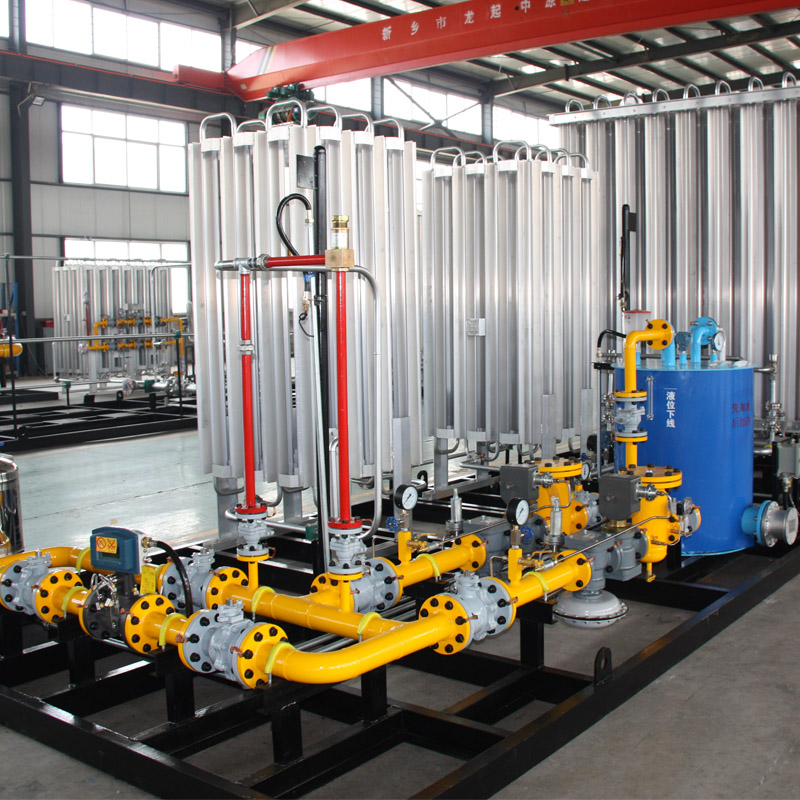
Dec . 21, 2024 06:24
Back to list
Understanding the Functionality and Applications of Electric Valves in Modern Systems
Understanding Electric Valves Function, Types, and Applications
Electric valves are critical components in modern industrial systems, providing precise control over fluid flow in various applications. They operate by using an electric actuator to open or close the valve, allowing for automated and efficient management of fluids in pipelines. As industries strive for greater efficiency and reliability, electric valves have gained popularity across several sectors including water treatment, oil and gas, HVAC, and food processing.
What Are Electric Valves?
An electric valve is essentially a valve equipped with an electric actuator. The actuator is the mechanism that drives the valve, opening or closing it in response to an electrical signal. This allows for remote operation and automation, which is increasingly important in industrial environments where manual operation can be inefficient or pose safety risks.
Electric valves can be linear or rotary types, depending on their design and functionality. Linear valves, such as globe valves and gate valves, move straight along a path to open or close fully. Rotary valves, like ball valves and butterfly valves, rotate around an axis to achieve the same objectives. The choice between linear and rotary designs depends on the specific needs of the application, including flow characteristics and space constraints.
Types of Electric Valves
There are several types of electric valves designed for different functions and applications. Some of the most common include
1. Electric Ball Valves These valves use a spherical disc to control flow and are known for their quick opening and closing capabilities. They are suitable for high-pressure applications and provide a tight seal, minimizing leakage.
2. Electric Butterfly Valves Utilizing a rotating disc, butterfly valves regulate flow with a compact design, making them ideal for large volume applications. They are lightweight and facilitate smooth operation, often used in water and wastewater treatment processes.
3. Electric Globe Valves Designed for throttling flow, globe valves have a spherical body and a movable disk. They are excellent for regulating flow rates and are commonly used in applications where fine flow control is necessary.
4. Electric Check Valves These valves allow flow in one direction only, preventing backflow and protecting equipment from damage. Electric check valves are essential in systems where maintaining the direction of flow is critical.
Applications of Electric Valves
Electric valves are employed in a wide range of applications across various sectors
electric valve

- Water and Wastewater Treatment Electric valves play a vital role in managing water flow and chemical dosing systems, helping to ensure efficient and safe water processing.
- Oil and Gas In this sector, electric valves control the flow of crude oil and natural gas, requiring durable and reliable products that can withstand harsh conditions.
- HVAC Systems Electric valves regulate heating, cooling, and ventilation systems, ensuring optimal energy consumption and indoor air quality in residential and commercial buildings.
- Food and Beverage Industry Sanitary electric valves are essential in maintaining hygiene standards while controlling the flow of liquids in food processing and beverage production.
Advantages of Electric Valves
Electric valves offer numerous benefits that enhance operational efficiency
1. Automation Electric valves can be integrated into automated systems, allowing for precise control of processes without the need for manual intervention.
2. Energy Efficiency By optimizing flow control, electric valves help reduce energy consumption in systems, leading to lower operational costs.
3. Remote Operation With the ability to control valves from a distance, operators can monitor and manage systems more effectively, improving safety and responsiveness.
4. Precision Electric valves provide accurate flow control, enabling better process management and improving product quality.
5. Reduced Need for Maintenance Modern electric valves are designed for durability and reliability, which often translates to lower maintenance requirements compared to manual valves.
Conclusion
Electric valves are an essential part of contemporary industrial automation, providing efficient and precise control of fluid flow. Their versatility and reliability make them an integral component in various applications, from water treatment to manufacturing. As technology continues to evolve, the future of electric valves looks promising, paving the way for even greater efficiencies and innovations in fluid control systems. Embracing electric valve technology can lead to improved operational performance, cost savings, and enhanced safety in numerous industries.
Next:
Latest news
-
Safety Valve Spring-Loaded Design Overpressure ProtectionNewsJul.25,2025
-
Precision Voltage Regulator AC5 Accuracy Grade PerformanceNewsJul.25,2025
-
Natural Gas Pressure Regulating Skid Industrial Pipeline ApplicationsNewsJul.25,2025
-
Natural Gas Filter Stainless Steel Mesh Element DesignNewsJul.25,2025
-
Gas Pressure Regulator Valve Direct-Acting Spring-Loaded DesignNewsJul.25,2025
-
Decompression Equipment Multi-Stage Heat Exchange System DesignNewsJul.25,2025

